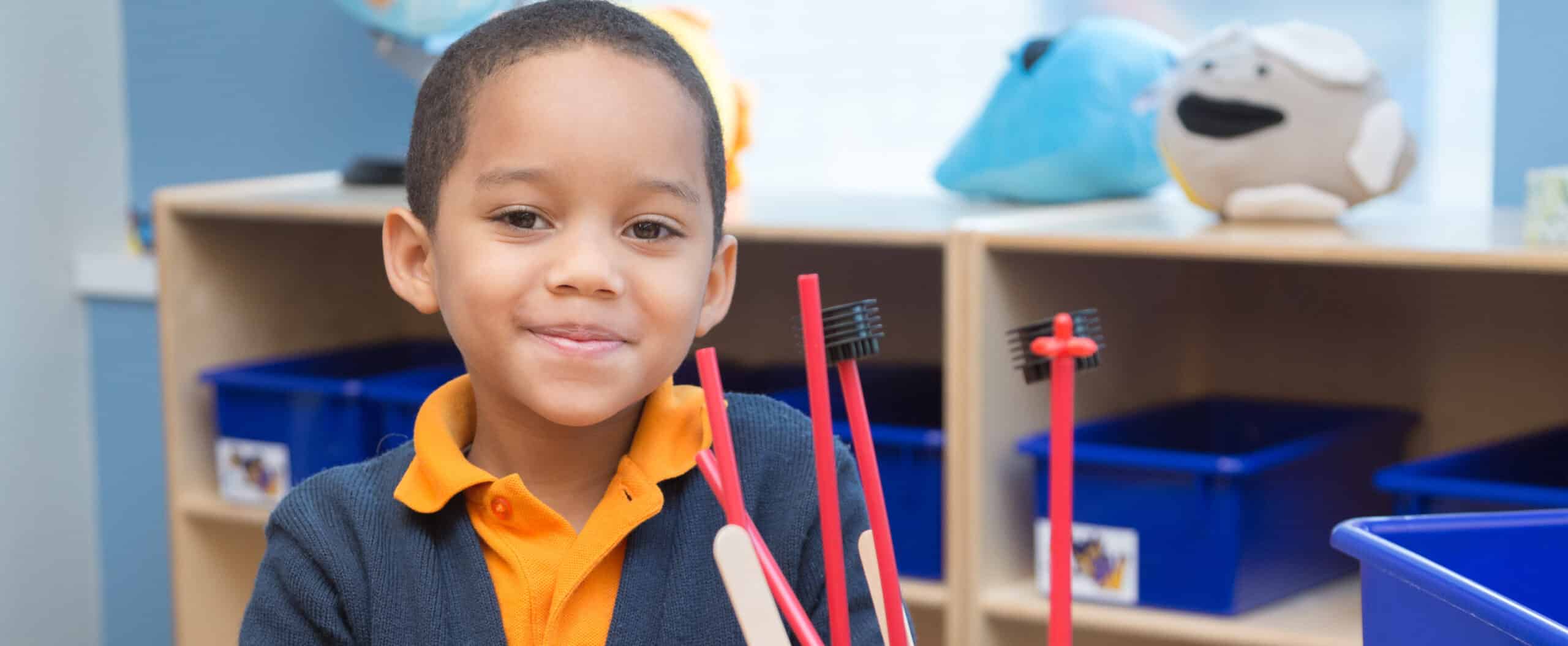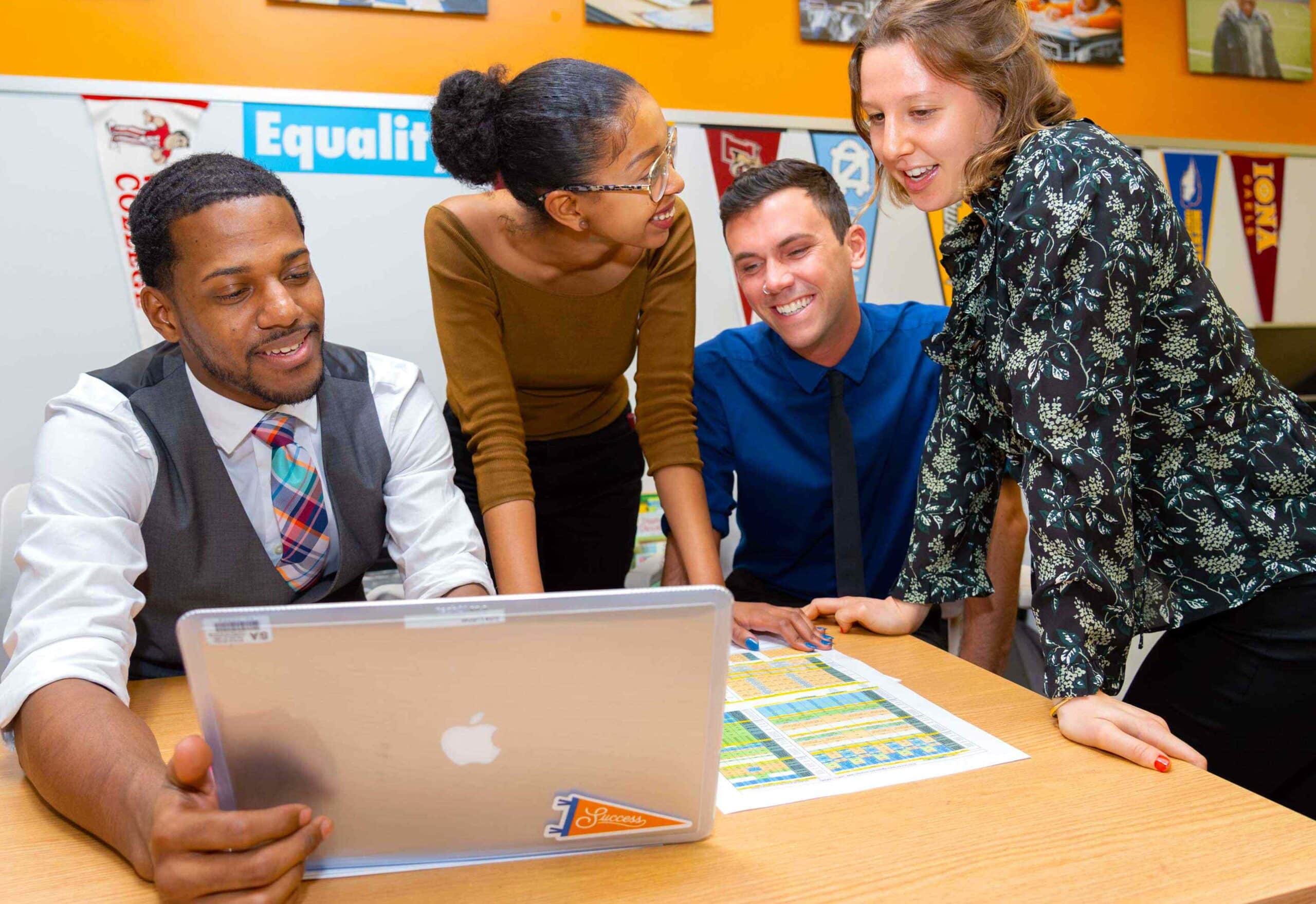Why whole child education matters

Days after I started at Success Academy, I learned that two seventh graders won our network debate tournament. I uncovered an old press release about their accomplishments the previous school year. As I read more about these talented scholars, I couldn’t help but grin: these two girls were beating out teams from the most prestigious private high schools to place in the semifinals.
In previous schools I’ve worked in, debate had always been an extra: an after school club or a single course, and it was never offered to younger students. Yet here at SA, it is offered to students starting in middle school. More than that, SA sees the potential for students as young as fifth grade to begin debate, giving them plenty of time to develop their skills and then opportunities to apply them in prestigious tournaments.
In the same way that our students work on their reading comprehension and mathematical thinking skills everyday, they hone other talents that build confidence and allow them to shine. Because finding an activity that a student loves is so important, SA has made sure that classes like chess, soccer, and visual and performing arts are all given equal time as the academics in our scholars’ schedules. Preparing our students for the future means caring for the whole child, and that means making sure that our scholars not only love reading, but that they also have hobbies, interests, and skills that allow them to stand out in their own unique ways.
As our world shut down and went online in March 2020, it was essential that there was time in our students’ new schedules for these passion-building content areas so they could continue with their interests and channel emotions of the pandemic into things that they loved. It meant that we had to get creative with how to engage scholars in these activities, but it made a world of difference to us and to our students.
Content areas like art, theater, or dance aren’t “extras” that can be done away with. We all need opportunities to build passions that can fuel our souls. In fact, they’re necessary if we want to maintain our favorite cultural institutions: every concert violinist playing at Lincoln Center started out as a child scratching away in their elementary school music class.
In order to function in today’s world, I not only need to read and do math, but I also need to sew and paint. Crafting makes me feel whole, and it always has. The same goes for our kids: it’s our job to help make them feel whole by giving them creative outlets throughout the day that can spark passions for a lifetime.
Watch our webinar, Cultivating Scholar Passions: The Real Value of Teaching the Whole Child to continue exploring this topic.
"*" indicates required fields
Access a wide array of articles, webinars, and more, designed to help you help children reach their potential.
NEWSLETTER
"*" indicates required fields
